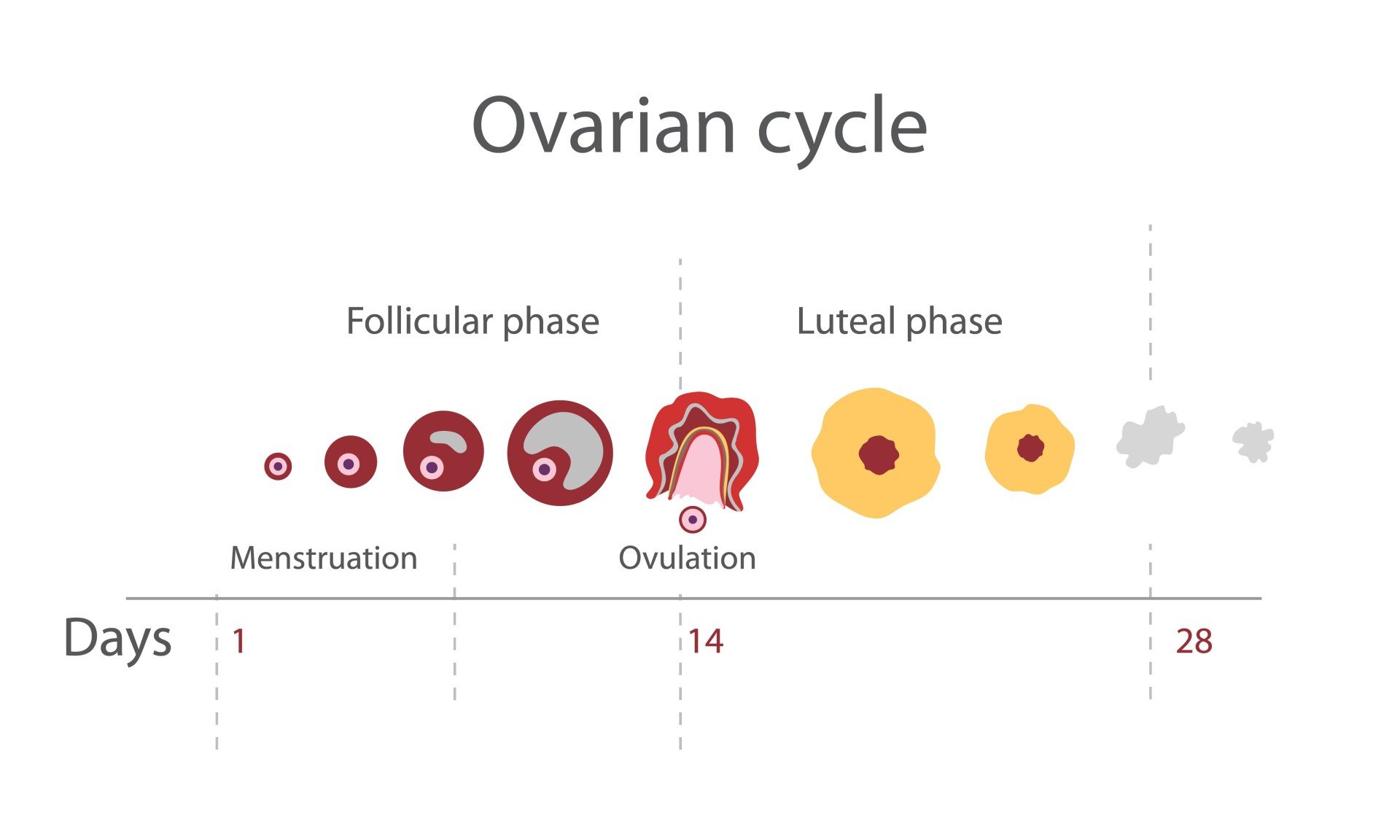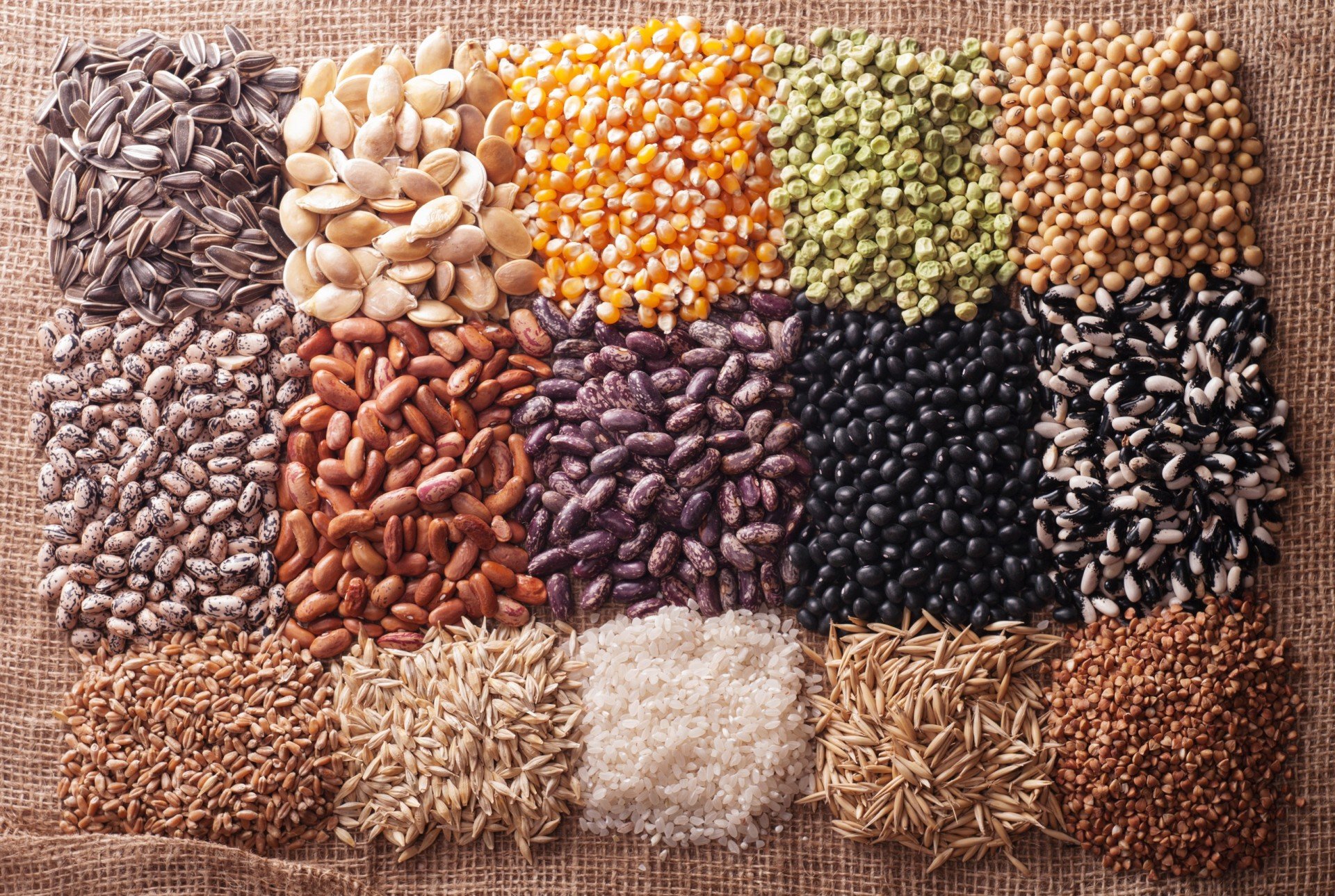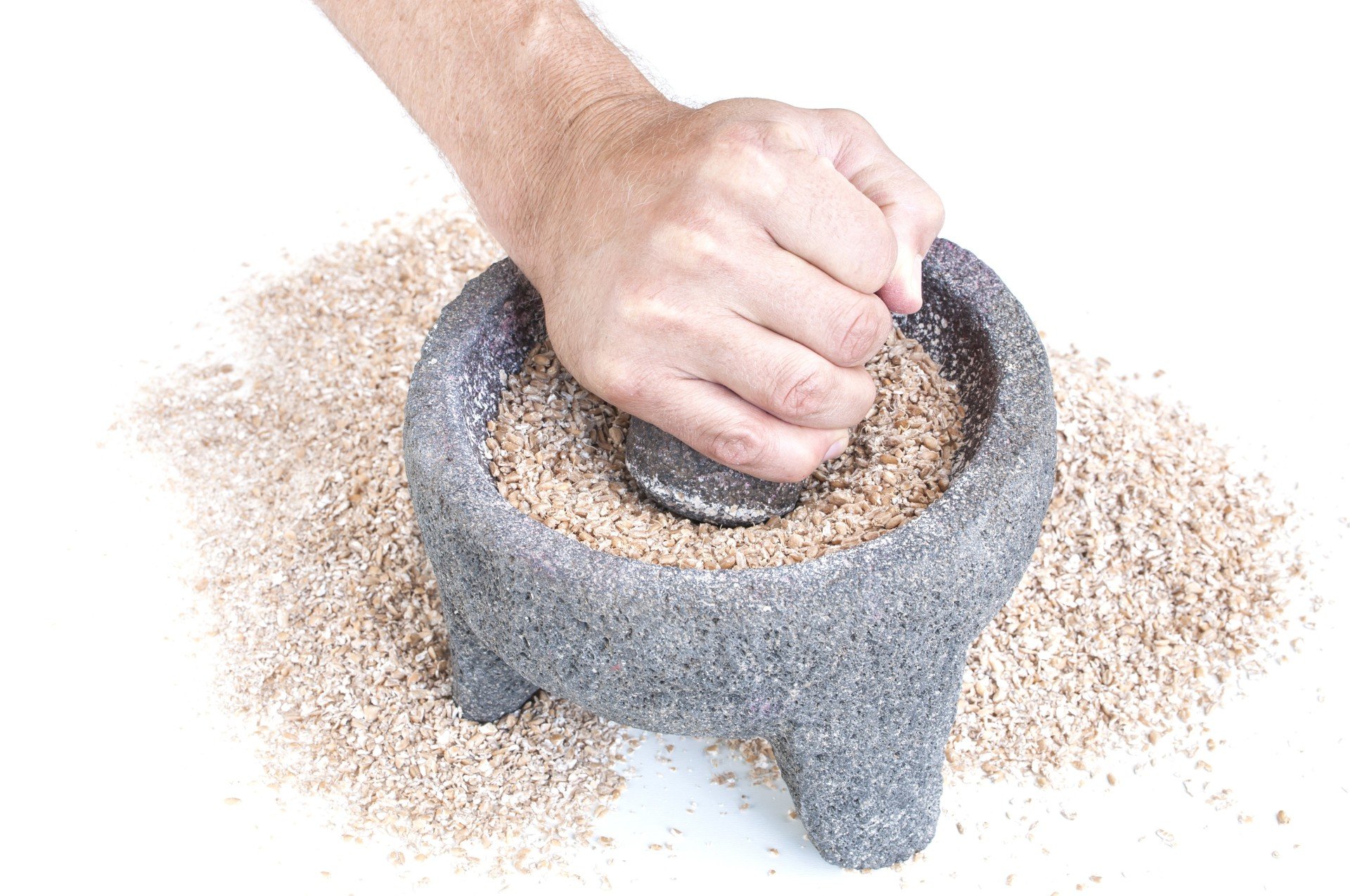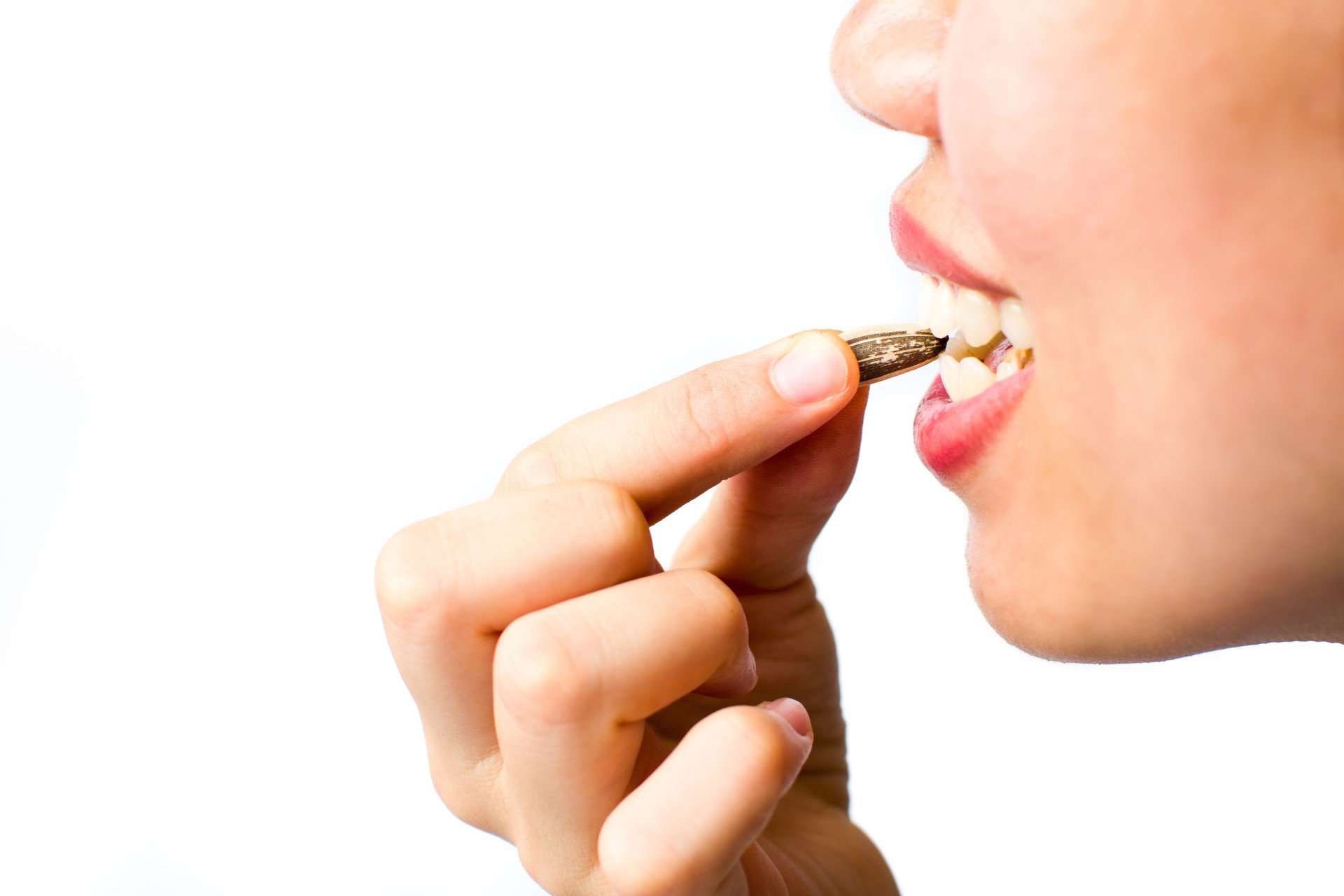After reading the title of this article, did you ask yourself, “What in the world is seed cycling?” Don’t worry; you are not alone. In a nutshell, seed cycling is eating seeds with hormone-balancing qualities on a regime to match your monthly menstrual cycle. It’s a natural treatment process without the usual spate of side effects, intended to help correct female hormone imbalances. According to Laura’s Natural Life,“Seed cycling can help with any number of hormonal imbalance symptoms like acne, abnormally light bleeding, heavy bleeding, fatigue, infertility, sleep issues, PMS and irregular periods.” Seed cycling is a natural way to treat these common problems.
Hormonal imbalances are all too common in women today. In her article on Dr. Brighten’s website, nutritional coach Magdalena Wszelakisays stress is a leading cause of these imbalances. She explains: “Excessive stress leading to excessive cortisol release, environmental toxins, poor diet, food sensitivities, digestive issues, and high coffee or alcohol consumption can all contribute to irregular or painful periods, and even infertility.” So how can you prevent these problems? Seed cycling is an alternative to prescription drugs, and it works!
A Natural Way to Balance Hormones
Seed cycling, or seed rotation, is becoming more and more well-known to help with hormone imbalances such as an excess of estrogen and not enough progesterone. Seed cycling doesn’t only help menstruating women, either, it also helps premenopausal, menopausal, and postmenopausal women, because–surprise!–you have hormones no matter what stage of life you’re in. If your hormones are out of balance, they will cause you problems. In this post, we will explain why seed cycling helps with your hormones, list the different seeds to consume, and discuss when and how to eat them.
The Phases of Your Cycle

Your menstrual cycle occurs in two main phases: the follicular and the luteal. The follicular phase starts at the beginning of your period and ends at ovulation. You need more estrogen during this phase, and the hormone builds up throughout it. The luteal phase begins at ovulation and continues to the end of your period, and requires more progesterone.
The Hormones
Hormones are an essential part of your body’s cycles. Sufficient estrogen is needed to build up the uterus lining before ovulation (during the follicular phase), and adequate progesterone is necessary to help thicken the uterus wall and prepare it for pregnancy during the luteal phase. Too much or too little of these hormones can mess with your body and cause a variety of health problems, some milder and some more dangerous.
- High estrogen can cause all sorts of problems that menstruating women take for granted, such as mood swings, weight gain, and tender breasts. A specific kind of estrogen, E2, has been connected to breast cancer when it reaches excessive amounts.
- Low progesterone can cause some of the same problems, as well as higher anxiety, insomnia, and headaches during your cycle.
Seed cycling seeks to balance out your estrogen and progesterone.
The Seeds

All of the seeds mentioned below contain lots of essential fatty acids and lignin. The fatty acids help increase estrogen and progesterone, and the lignin gets rid of any excess estrogen. Thus while all of the seeds we recommend are good for you, different parts of your cycle require different seed ingestion. If you’re on a regular 28-day cycle, you should take one set of seeds during the follicular phase (first half to ovulation) of your cycle and then another set during the luteal phase (second half) of your cycle. If you’re not on a regular cycle or menopausal, take the first set of seeds during the next full moon and then take the second set 14 days later.
During the follicular phase, you should take flax seeds and pumpkin seeds. The flax seeds contain lignin which keeps the estrogen from getting too high; flax seeds are also thought to help prevent breast cancer. The pumpkin seeds contain zinc which helps the progesterone increase.
During the luteal phase, you should take sesame seeds and sunflower seeds. The sesame seeds contain very special lignins which increase progesterone. The sunflower seeds contain lots of selenium as well as vitamin E, which also help increase progesterone.
Those are the seeds you will need, but how do you take them, how much, and how often? Those are all great questions, which we will discuss below.
How to Prepare Seeds for Ingestion

Grind the seeds before consuming them, because whole seeds will go right through your digestive system with little nutritional benefit. Tip: Coffee grinders work well for this step. If you’re worried about digestive issues, soaking the seeds before ingesting is a good idea. Soaking will reduce phytic acids, which can impair absorption of minerals like zinc. Once you’ve prepared the seeds, we recommend taking one tablespoon of each seed per day. If you don’t want to eat them by themselves, you can add them to smoothies or salads.
Once you start taking them, how long will it take to even out your hormones?
Patience is Key to Seed Cycling
Seed cycling is not an instant cure. Don’t give up after a few tries or after a few days of forgetting to eat the seeds. It might take up to one to three cycles before you notice any changes, so have patience.
While it isn’t instantaneous, seed cycling is an effective naturopathic treatment for hormone imbalances. The regime gives your body the proper nutrients that are healthy regardless, and also enable your body to produce more progesterone and bind estrogen so that it doesn’t reach excessive levels. Regularly taking seeds is an excellent addition to your nutritional plan no matter what your stage of life.
To get more information on seed cycling and how natural remedies can help you, contact us at Balanced Care. We can help you come up with a treatment plan and seed cycling schedule to fit your needs. Contact us through our website and get started on your path to wellness. Also, check out Balanced Care’s virtual dispensary for other naturopathic remedies.

